My cart 0 ithems
Others also bought
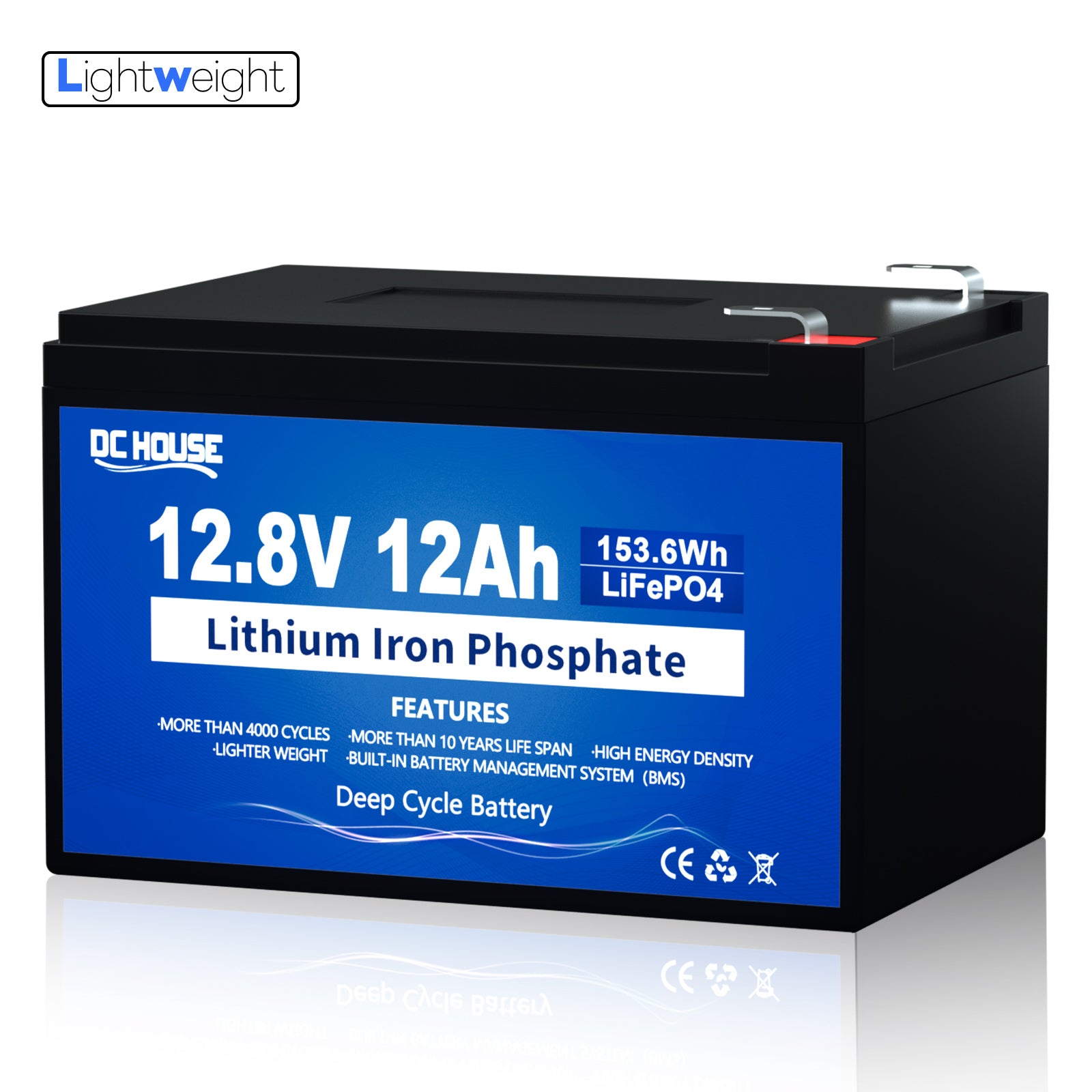
12V 12Ah Deep Cycle LiFePO4 Lithium Battery
$37.99
$49.99

12V 50Ah Deep Cycle LiFePO4 Lithium Battery
$99.99
$129.99
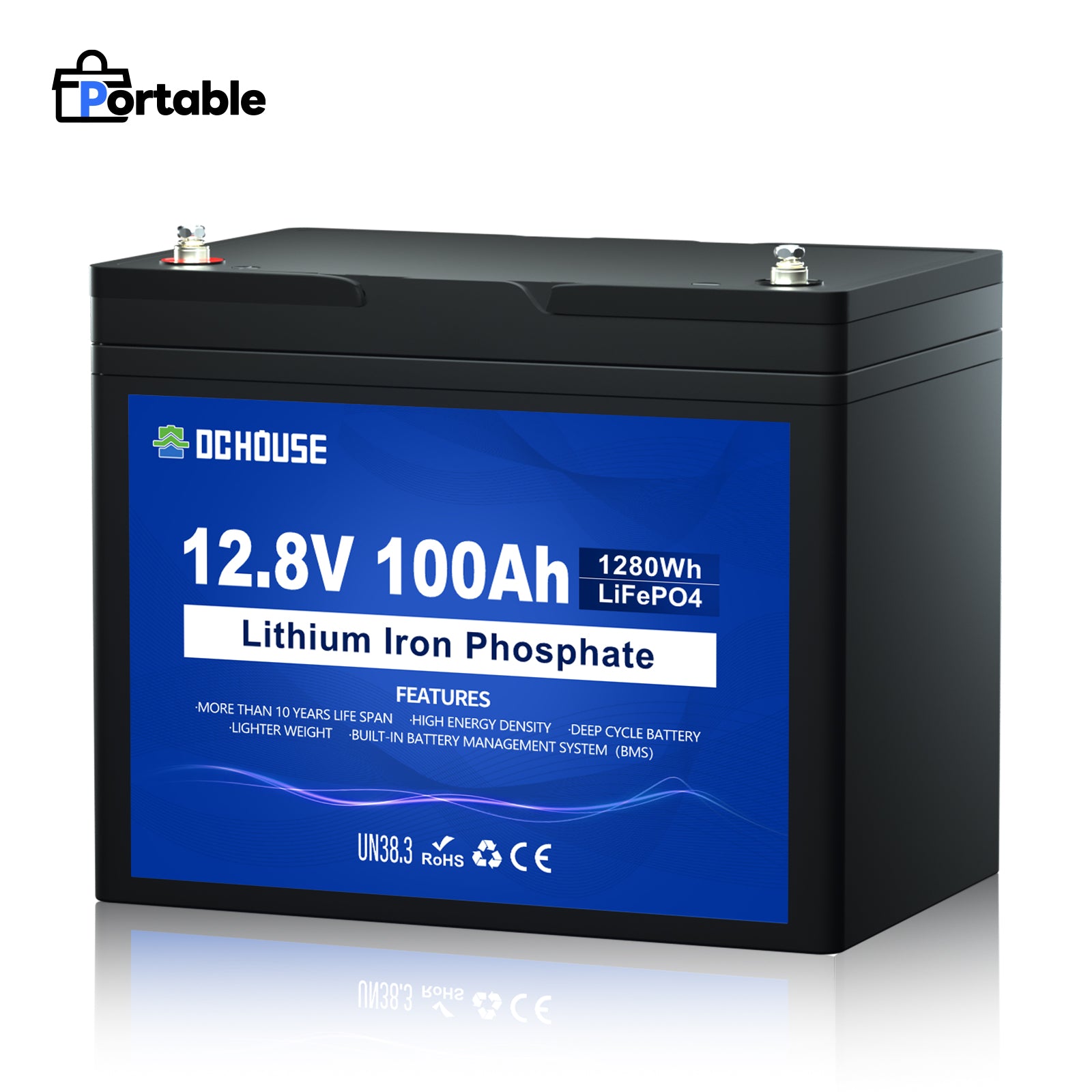
12V 100Ah Deep Cycle LiFePO4 Lithium Battery
$169.99
$209.99
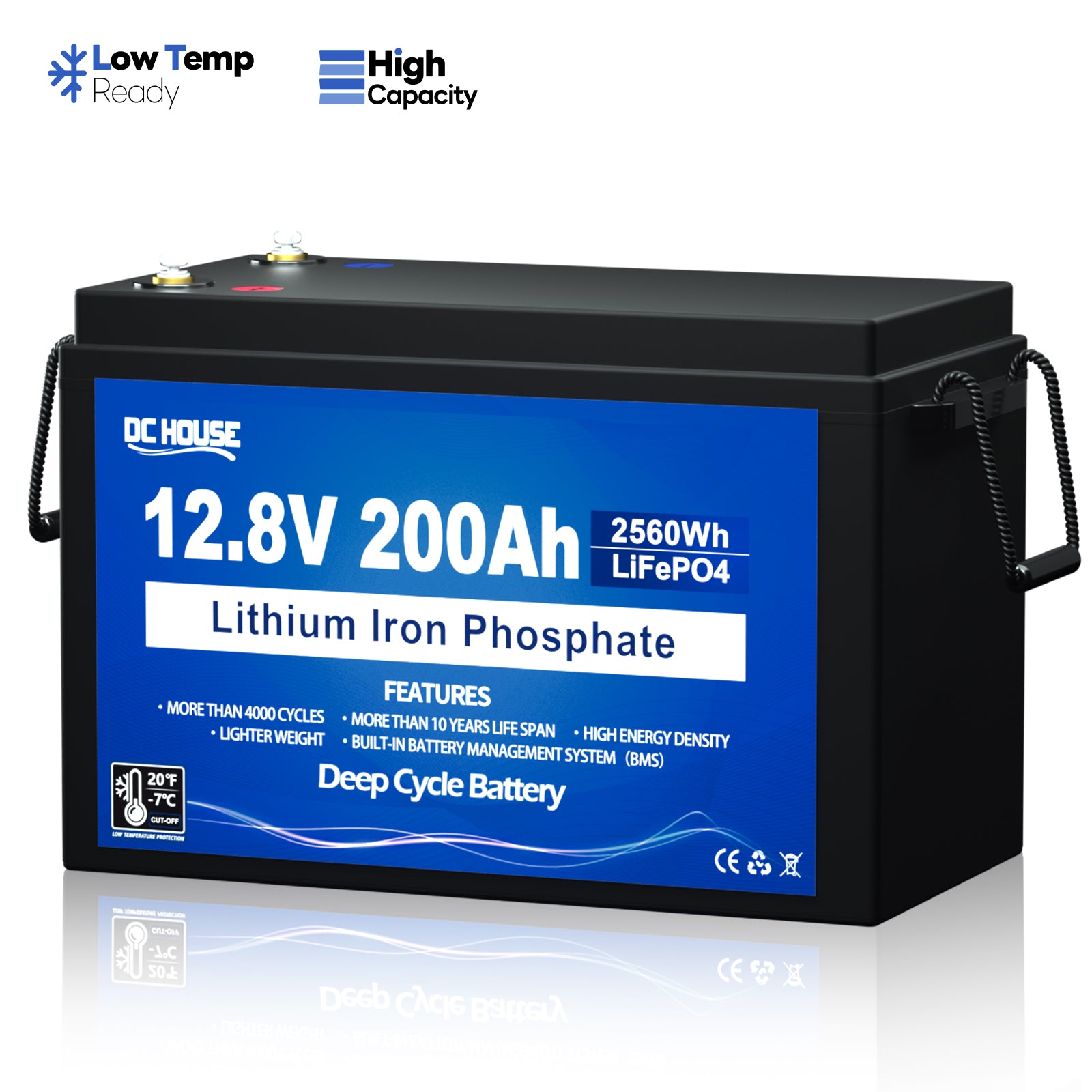
12V 200Ah Deep Cycle LiFePO4 Lithium Battery
$379.99
$419.99

12V 100Ah 3.0 Portable Deep Cycle LiFePO4 Bluetooth & Low Temp Protection Battery
$179.99
$229.99

12V 100Ah 2.0 Portable Deep Cycle LiFePO4 Lithium Battery
$169.99
$209.99

12V 100Ah Portable Deep Cycle LiFePO4 Lithium Battery
$159.99
$229.99
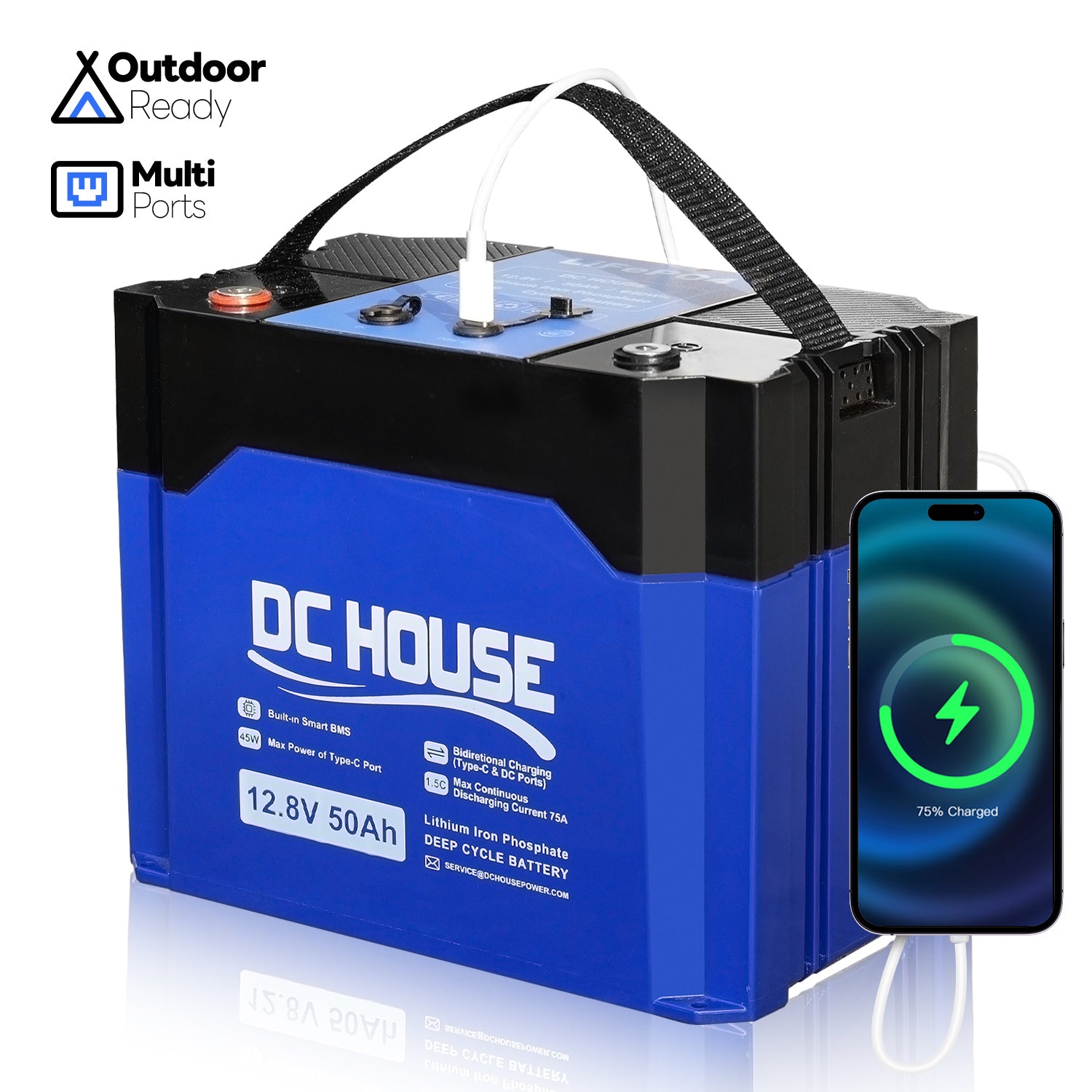
12V 50Ah Portable Deep Cycle LiFePO4 Lithium Battery
$129.99
$179.99

12V 100Ah Deep Cycle LiFePO4 Bluetooth & Low Temp Protection Battery
$199.99
$259.99
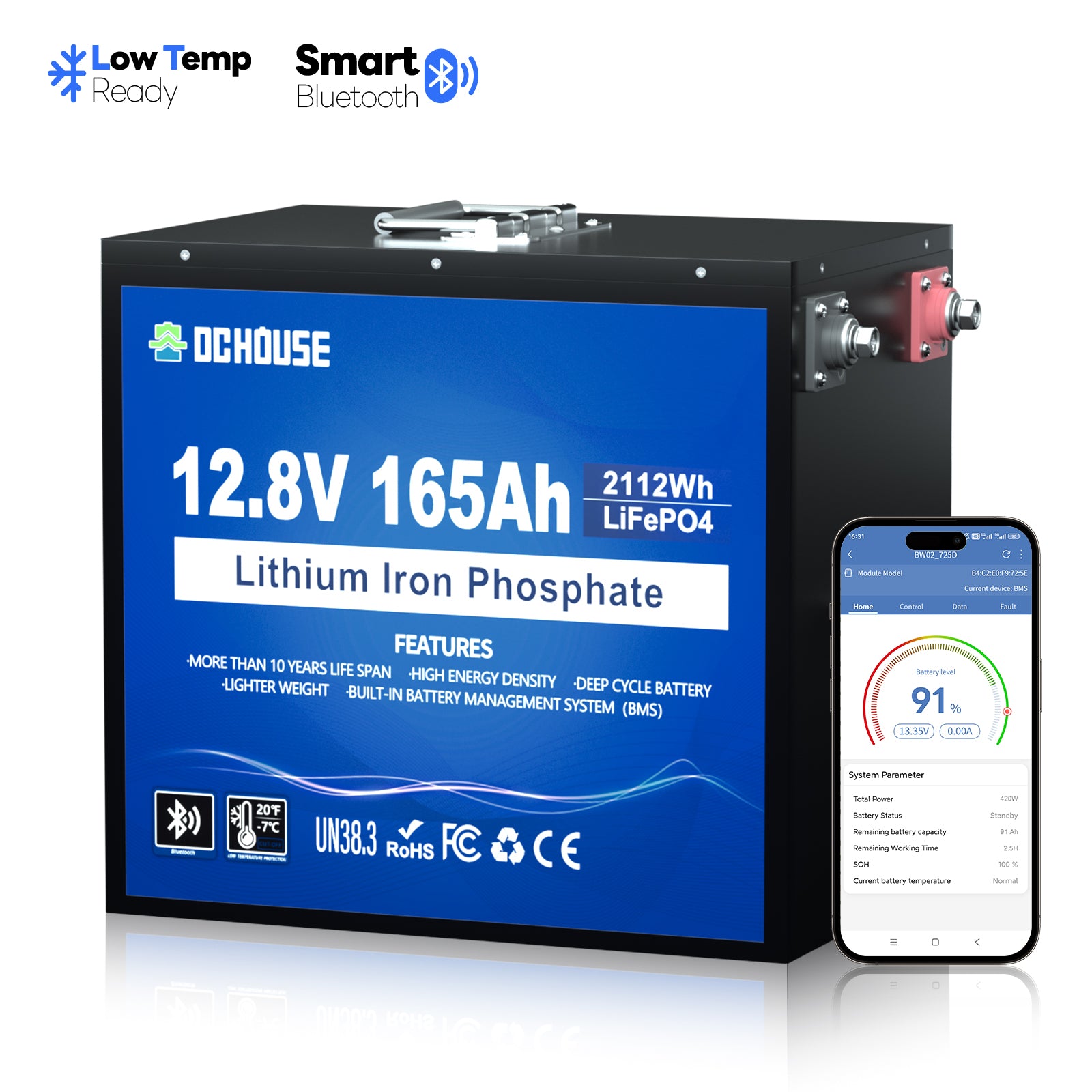
12V 165Ah Deep Cycle LiFePO4 Bluetooth & Low Temp Protection Battery
$249.99
$299.99


 UK
UK
 DE
DE
 FR
FR


